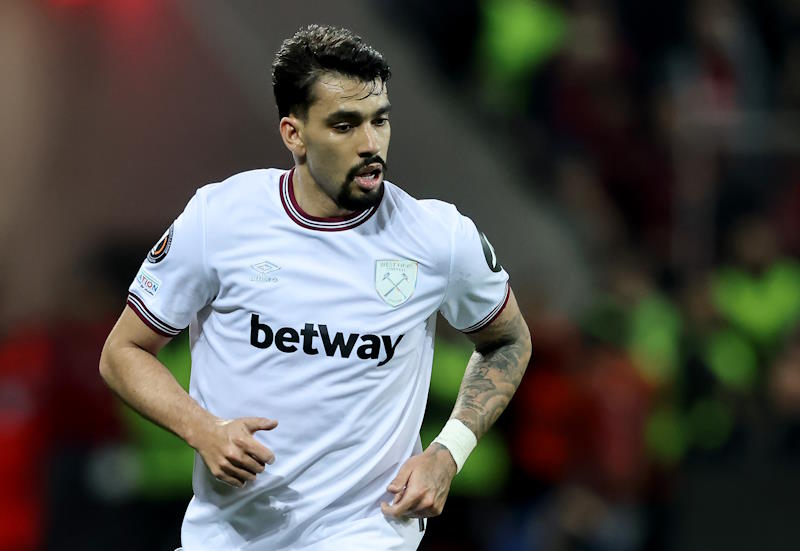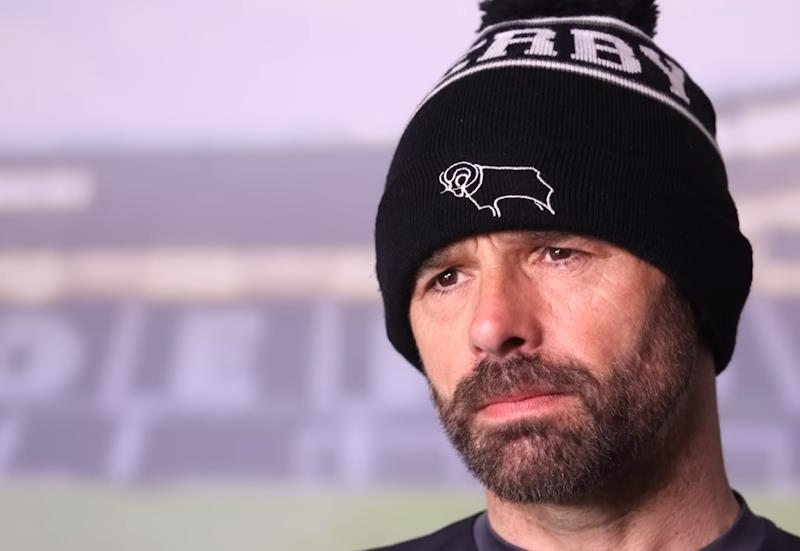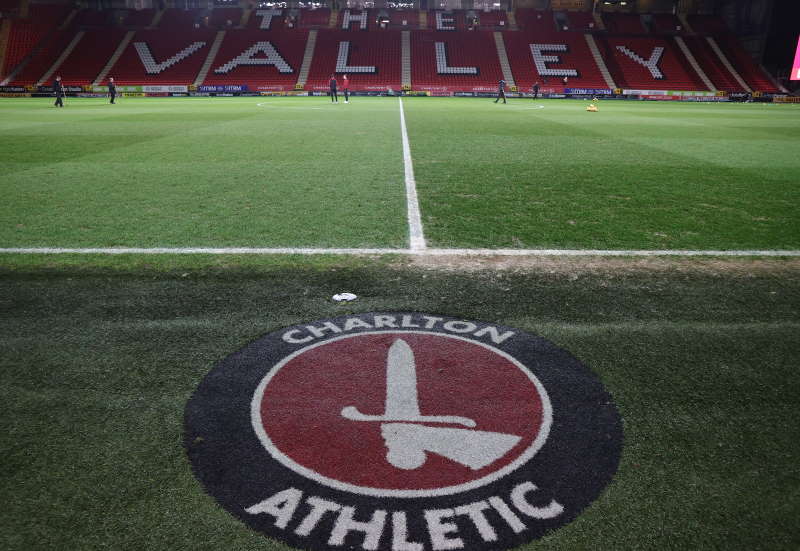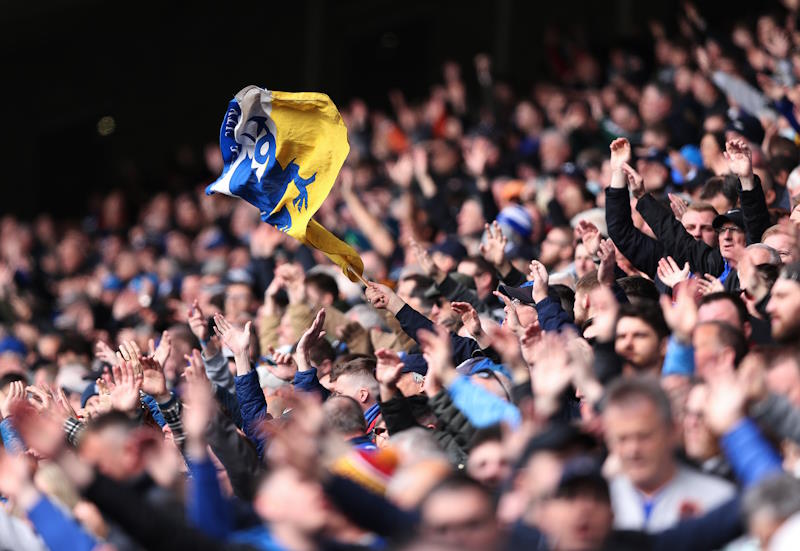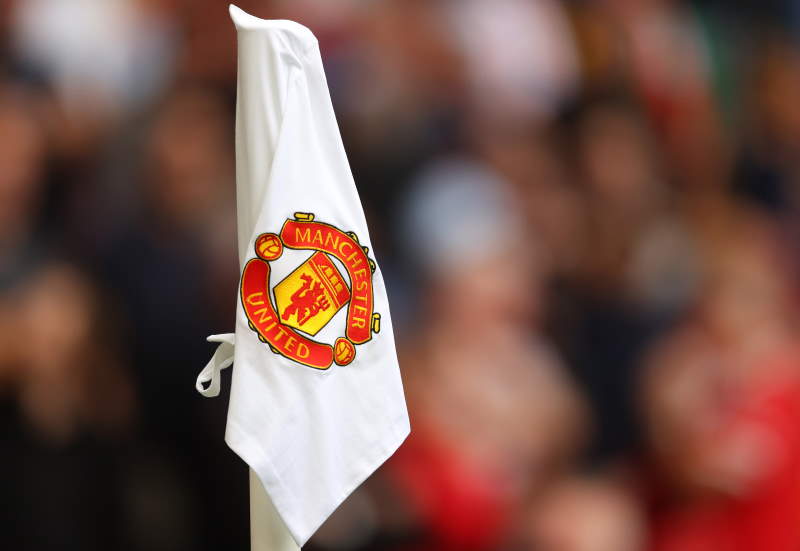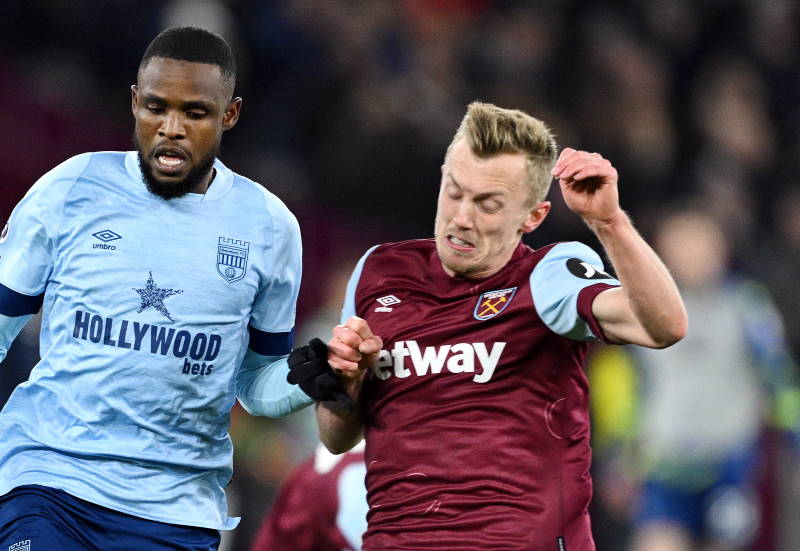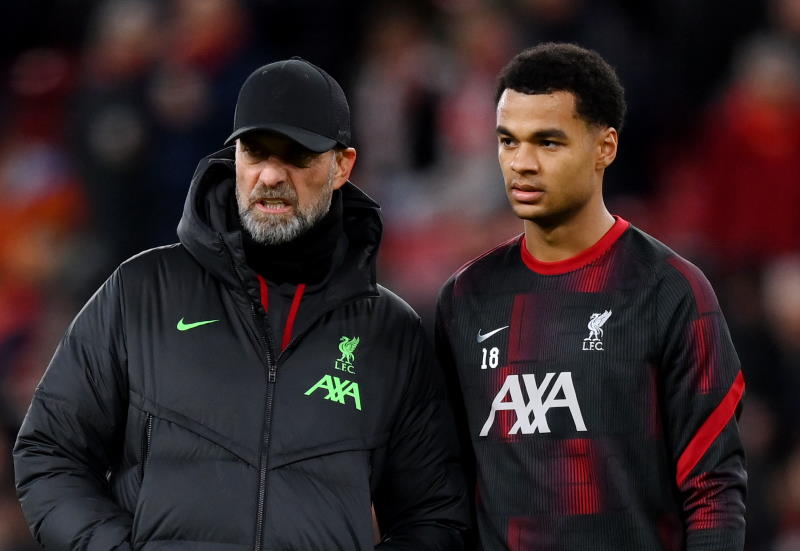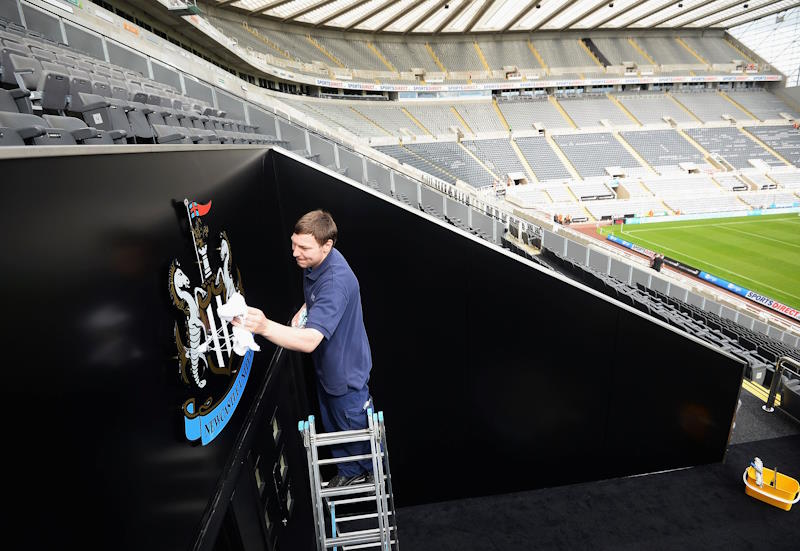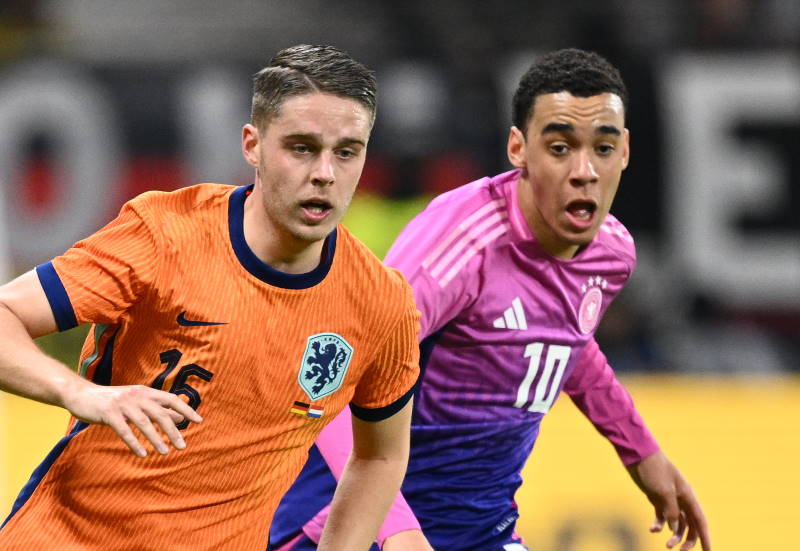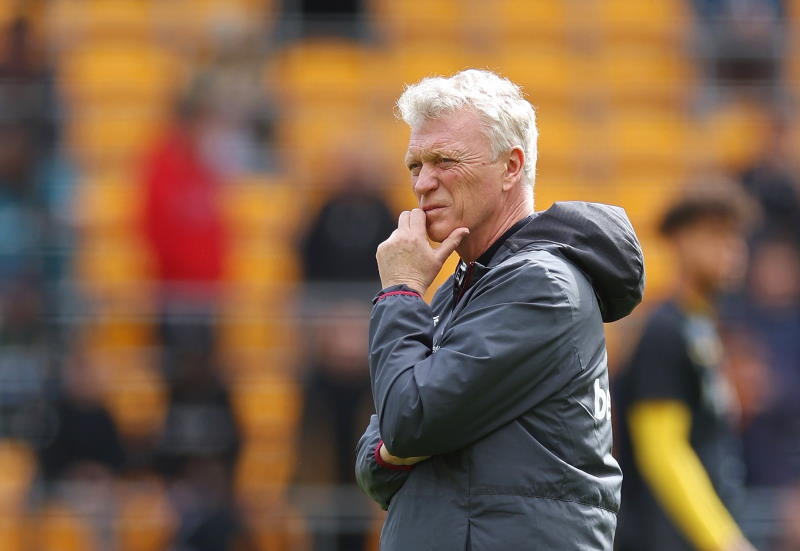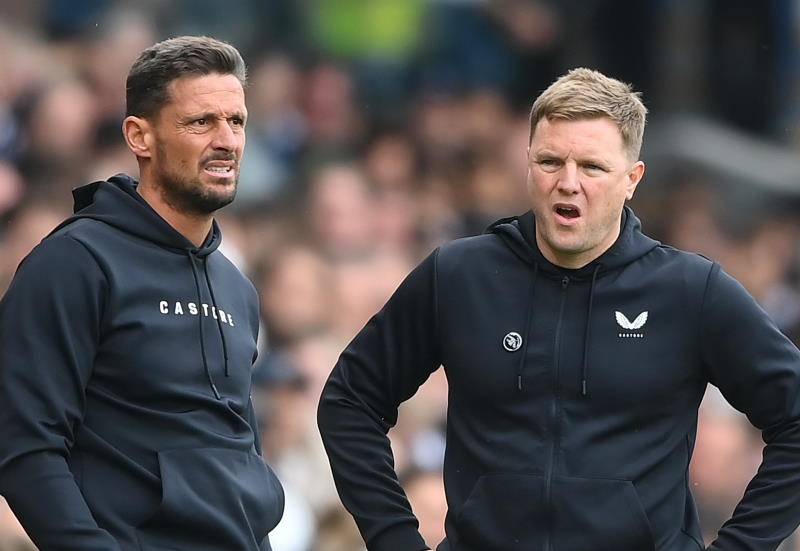
Phillip Buckley
It’s January 1994. A Liverpool fan is busily packing to move to an isolated island in the pacific when the news of Graeme Souness’ resignation filters through. ‘About time’, he mutters to himself. Liverpool had been woeful under Souness. Yes, initially he helped boost a title push in the 1990/91 season, picking up the pieces from Kenny Dalglish’s shock resignation in February, something followed just weeks later by Alan Hansen announcing his retirement. But Souness’ Liverpool had gone off the rails the following season, even an FA Cup not making up for a sixth placed finish, and the 1993/94 campaign was looking no better. Souness was never going to win the league. It was only right that he went and with Roy Evans surely Liverpool had made the right choice, drawing on the experience of the boot room and with a crop of talented youngsters coming through. There was every reason for the Reds fan to leave for his total isolation confident that Liverpool would soon be back on top of the tree. Why doubt it? Liverpool had been champions in ten of the previous 20 seasons.
It’s 2015. The isolated pacific paradise the fan has called his home for just over 20 years has finally been connected to the internet. Now he can check up on his beloved Reds. How many titles have they won? How many more European Cups? The question would be not did Evans win the league, but how many did the club’s tireless servant collect? It’s not hard to imagine the shock which would have rippled across his face. But what would surely shake him the most is how Liverpool have in recent years meekly accepted their decline. He would find that Evans’ three full seasons in charge resulted in third, fourth and third place finishes. Not good enough. Liverpool’s board acted when they became convinced Evans could not win the league without help, initially drafting in Gerard Houllier to assist the Reds stalwart. Effectively Evans was undermined and left soon after.
What of Houllier? How did Evans’ successor fare? The Frenchman’s five full seasons in charge yielded finishes of fourth, third, second, fifth and fourth. Houllier’s one FA Cup, two League Cups and one UEFA Cup bought him time. But when Liverpool’s board felt he could not win the title, they acted. Houllier had secured Champions League football in his final season, but as then-chief executive Rick Parry explained: “The board decided change was necessary if we were to realistically challenge for the title next season.”
Liverpool turned to Rafael Benitez, a manager who had made waves in Spanish football by winning La Liga twice and the UEFA Cup once at Valencia. Crucial to Benitez getting the role was his ability to take on and beat richer opponents, such as Barcelona and Real Madrid. Liverpool knew they could not outspend their opponents for the title, so Benitez’s knowhow would help tilt the odds in their favour. While the Spaniard did not win the league, the old Liverpool died on his watch, the club being sold to American businessmen Tom Hicks and George Gillett. Ushered out of the door was Liverpool’s mantra that second is nowhere. Now the money of the Champions League was all that was needed, with large debts to pay. Benitez’s departure split Liverpool fans, while Roy Hodgson’s disastrous reign served to then unite them again in opposition to his tenure. A change of ownership, with new American overlords, did for Hodgson and his predecessor Kenny Dalglish. But neither were sacked because the powers in the boardroom believed they could not win the title. The ambition had shrunk to fifth place is nothing.
It is not hard to imagine the fan being baffled at the appointment of Brendan Rodgers in 2012; a man with no links to Liverpool, little in the way of a CV, and one season of Premier League managerial experience. Rodgers might be compared to Evans in his inexperience in the top job, but finishes of seventh, second and sixth would have done for the boot room boy. Evans’ side conceded 34, 37 and 42 goals in the league. Rodgers’ has shipped 43, 50 and 48 – and Evans’ had to shape a defence with liabilities Neil Ruddock and Phil Babb. Under Evans, Houllier and at first Benitez, fourth was an absolute minimum requirement for a Liverpool manager. And hitting fourth regularly wouldn’t even see a manager keep their job if they were not travelling in the direction of winning the title.
Under at first Hicks and Gillett and now under Fenway Sports Group (FSG), Liverpool have scaled back their ambitions. The Red wave has retreated from Europe. Under Benitez, Liverpool’s power and influence lapped over the continent, the club ranked as the number one European club by UEFA for a time. Under Rodgers, the Champions League this season became a distraction. Real Madrid fans turning up to watch their side take on Liverpool at the Bernabeu must have been steeled for a fight. Two of Europe’s most successful clubs going head to head, boasting 15 European Cups between them – more than the totals of Manchester United, Barcelona, Chelsea, Juventus and Inter combined. And Liverpool had thrashed Real Madrid 5-0 on aggregate the last time the two sides met, in the round of 16 stage. Surely this would be a classic as Los Blancos bayed for revenge.
What Real Madrid’s faithful saw was a shell of the club they expected, with Rodgers fielding a second string side as he focused on the domestic front. Waving a white flag at the Bernabeu would not have been tolerated by the Liverpool of old. But the problem wasn’t so much that Rodgers opted to field his fringe players, but that no one at the club stopped him from doing so. No one above the Northern Irishman took him to one side and said ‘regardless of your problems, we don’t do that here’. No one told Rodgers that games between Real Madrid and Liverpool are gatherings of European royalty where it just isn’t done to effectively not turn up. No one told Rodgers that the club’s prestige is worth more than three points here or there in the league.
And therein lies the problem. More than a finish of sixth and no sign of a title challenge being grounds for dismissal, more than a leaky defence and suspect signings, more than an inexperienced manager reporting to an inexperienced transfer committee, the problem is Liverpool’s shrunken ambition and how owners FSG have presided over it.
It is hard not to draw the conclusion that as long as Liverpool are flirting with the top four, qualifying for the Champions League every two or three years, that in itself is enough for the Boston-based owners. For they have no sense of Liverpool’s status and standing in the game any more than it translates to donut deals and soft drinks sponsorships. Even on the stadium front they are lacking. For all their faults, Hicks and Gillett at least came up with an innovative and impressive design for a new stadium and but for the world financial crisis might have been able to clobber together the loans to get it off the ground. It was central to their plans, making Liverpool a more attractive proposition when it came to selling. It would also have handed the Reds an arena to rival Old Trafford, the Etihad Stadium and the Emirates Stadium. It would have been bold. It would have been long term. It would have said ‘we’re European royalty and there will be no regicide on our watch’. FSG’s bolt-on-a-new-stand proposal smacks of maximising revenue and sweating the club as an asset, making sure being outside the Champions League will still pay. It is difficult to believe a sense of history or status played any part in their decision.
If that has been the message off the pitch from FSG, what has it been on it? Nothing spoke louder than the sale of Luis Suarez. The man who drove Liverpool to within a whisker of the title. The man who made people ask if he was as good as Cristiano Ronaldo and Lionel Messi or just behind them. The man who has helped Barcelona to a treble in his first season in Spain and who is so respected by Messi that the Argentine is willing to shift out of his central role, something he could never stomach when Zlatan Ibrahimovic arrived. And also the man who FSG sold for less than Real Madrid paid for Gareth Bale. Here was a man to build an elite team around. Here was someone a Roman Abramovich like figure or a force such as Manchester City’s Abu Dhabi United Group would have grinned with glee to inherit on buying their respective clubs. A man who would ordinarily cost over £100m and even then would probably be out of reach. There is a reason Barcelona have never sold Messi, despite Paris Saint-Germain’s petro-dollars and Abramovich’s looks of desire. There is a reason Real Madrid won’t entertain selling Ronaldo. These types of players simply cannot be replaced. And certainly not by taking a punt on Mario Balotelli.
What if FSG do succeed in helping Liverpool climb their way up to being Champions League regulars? Then an Arsenal-type situation awaits. Also under American ownership, the Gunners give the impression of not quite being run with winning the title in mind – that would take real financial intent. In the late 1980s and early 1990s, Arsenal were Liverpool’s most serious of threats. Now they too exist with the bottom line as a priority, helped by a manager who is only too pleased to take a knife to a gun fight with the thought that if he wins he will look really, really smart. Instead he always ends up having to run away, being heard muttering that he needs a bigger knife. Both Arsenal and Liverpool have used UEFA's financial fair play rules as a convenient cloak for either a willingness or inability to invest to win the game's biggest prizes. But with UEFA set to relax the rules, there may soon be nowhere to hide.
For Liverpool at least it must fall to the fans to scrutinise and question FSG; only they still have a sense of the club’s standing in world football. Thousands don’t flock to games in Asia and America because they are desperate to catch a glimpse of the fourth place contenders. In a summer which has seen Liverpool’s only truly global name depart in Steven Gerrard, the ball is now in FSG’s court to make a statement. The signs don’t look promising. And even Wenger isn’t worried by the pea-shooter carrying Rodgers.
If Liverpool are to slip out of the echelon of the world's biggest clubs, they must not do so quietly. They must not go gentle into that good night. Liverpool must rage, rage against the dying of the light.

